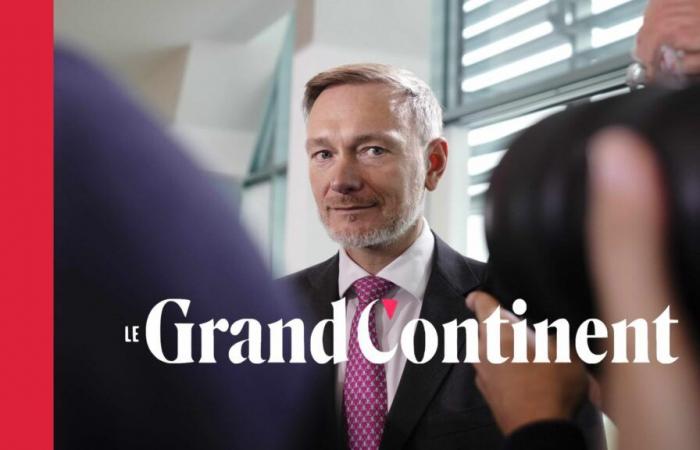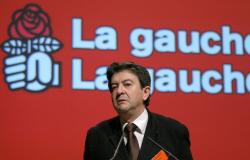Add
Article added
Download the PDF
Friday, November 1, a summary document from Christian Lindner, Minister of Finance (FDP), on Germany's economic policy proposing a series of spending cuts, an immediate moratorium on new regulations and a relaxation of climate targets in order to filling a larger deficit than expected in the 2025 budget had leaked to the press .
- As the German economy slows, the deficit forecast in the draft budget for 2025 increased from 12 billion euros (estimated in July) to 13.5 billion euros in October, due in particular to the new economic estimates of the government. Germany avoided recession with weak growth of 0.2% in the third quarter.
- If Lindner opposes any exemption from the “brake on understanding” this deficit risks widening further following a decision from the Constitutional Court expected at the end of the year concerning the solidarity surcharge (Solidarity surcharge), established in 1991 to mitigate the effects of the Gulf War and, from 1995, to finance the costs of German reunification.
- Partially abolished in 2021, its rate of 5.5% still applies to high incomes. The FDP executive office filed a constitutional complaint against this collection in 2020, arguing that it had expired in 2019, was no longer covered by a constitutional exception and emphasizing that it violated the principle of equality.
- If the Constitutional Court decided to cancel the tax, this would create a hole of 78 billion euros in the state budget – if the Court requires reimbursement of the excess amount taken -, or 13 billion euros. euros if it only requires its elimination in 2025.
As the federal elections scheduled for September 2025 approach, political calculations mean that Lindner's FDP has, since the regional elections in Thuringia and Brandenburg, been in favor of early elections, above all to prevent it from falling below the threshold. 5% and thus cannot enter the Bundestag — the party is currently at 4% in the opinion polls.
- The leak to the press of the summary document presenting measures unacceptable for the two other members of the coalition, in particular for the Greens, can be understood in this sense.
- On Monday, November 4, Robert Habeck gave in on the use of a 7 billion euro public subsidy initially intended for a new Intel chip manufacturing plant. He said that this amount, which he hoped would be used for investments in high technology and climate protection after Intel paused its project, could close the budget deficit, as Lindner had suggested. He added that it was the “worst time for the government to fall, given the situation in Ukraine, the economic situation in Germany and the US elections.”
- In a survey conducted by ARD GermanyTrend at the end of October, only 14% of Germans (-5 percentage points compared to the beginning of October) judged the work of the traffic light coalition positively. 54% of respondents want early elections to be organized .
Several scenarios are possible. The SPD and the Greens can in theory continue with a minority government. If Scholz decides to submit to a vote of confidence before the Bundestag, in case of rejection, early elections should be organized.
On November 6, Minister Christian Lindner reportedly asked Chancellor Olaf Scholz to organize early elections for early 2025. Olaf Scholz reportedly refused.
- The German Chancellor will speak at 9:15 p.m.
- The FDP will hold a crisis meeting at 9:30 p.m.
Merz, the CDU leader who currently leads in the polls, also called for early elections, which he said could take place on March 9.






